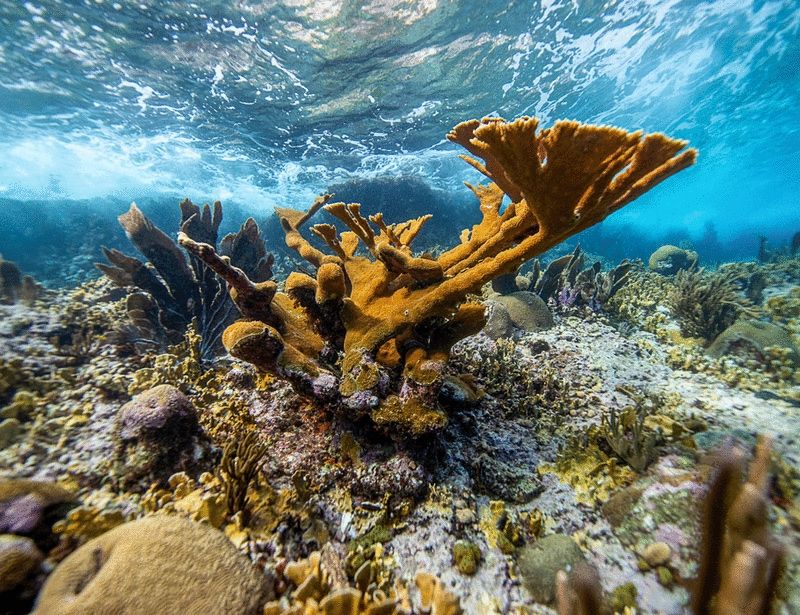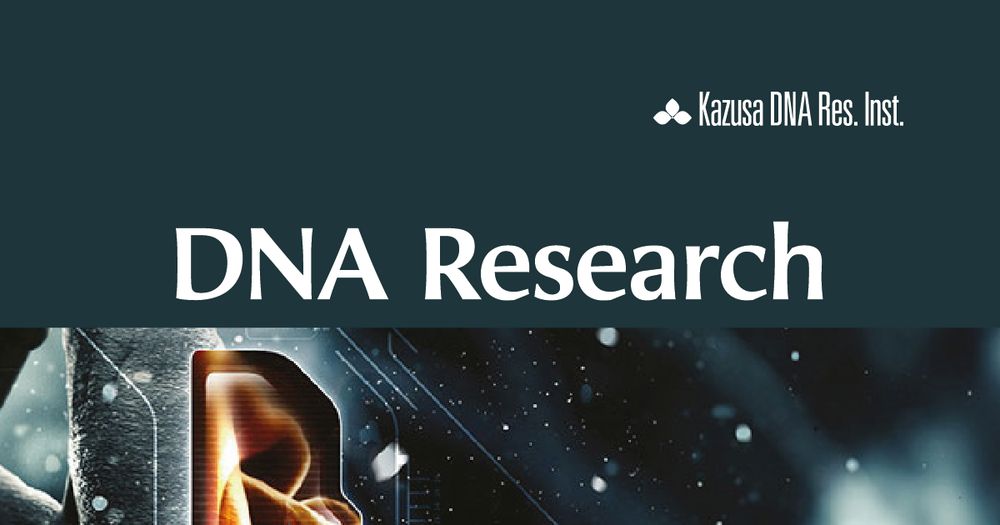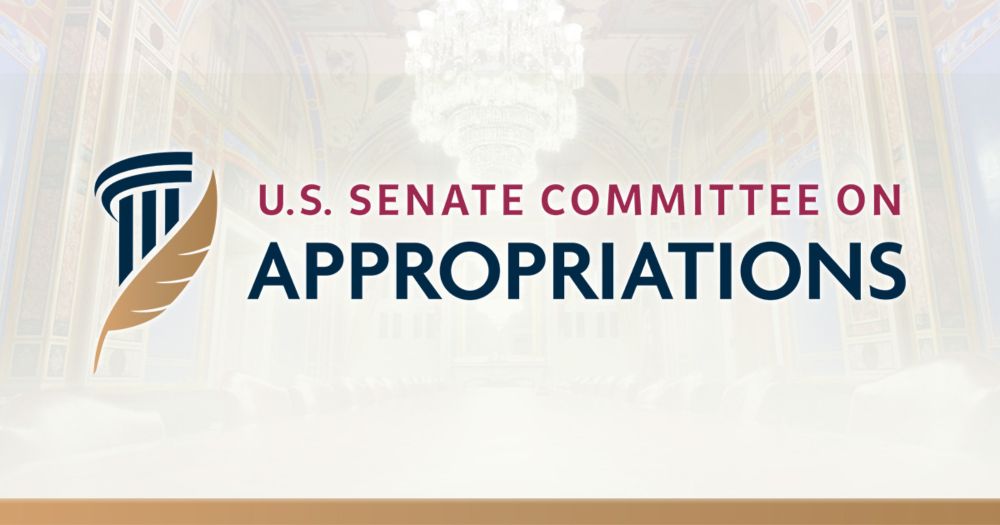
#omics, #ecophysiology, and #Coral #Reef #Resilience

We explore how human point-of-care diagnostic tests can be adapted to monitor coral health! 🧬🌊
Check it out ➡️ doi.org/10.1002/bies...
#CoralReefs #Biotech #Conservation #MarineGenomics
TL;DR
1️⃣ Corals are more complex than they appear
2️⃣ One-size-fits-all solutions won’t work – place-based, population-specific approaches matter
Check it out👇
doi.org/10.1002/bies...

TL;DR
1️⃣ Corals are more complex than they appear
2️⃣ One-size-fits-all solutions won’t work – place-based, population-specific approaches matter
Check it out👇
doi.org/10.1002/bies...
Learn more below.
#wmnf #floridanews #environment #coralrestoration #oceanconservation

Learn more below.
#wmnf #floridanews #environment #coralrestoration #oceanconservation
Reality: Nope!
We can't let the fearmongering, stigmatizing, guilt-placing lies win. 💪
‘No relationship’: Scientists push back on Trump’s reported claim linking paracetamol to autism www.euronews.com/health/2025/...
#ScienceMatters!

Reality: Nope!
We can't let the fearmongering, stigmatizing, guilt-placing lies win. 💪
‘No relationship’: Scientists push back on Trump’s reported claim linking paracetamol to autism www.euronews.com/health/2025/...
#ScienceMatters!
doi.org/10.1017/pab....

doi.org/10.1017/pab....
𝐏𝐥𝐞𝐚𝐬𝐞 𝐬𝐡𝐚𝐫𝐞 𝐭𝐨 𝐝𝐨𝐧𝐚𝐭𝐞 𝐚𝐧𝐝 𝐥𝐞𝐚𝐫𝐧 𝐦𝐨𝐫𝐞: experiment.com/projects/rec...
𝐏𝐥𝐞𝐚𝐬𝐞 𝐬𝐡𝐚𝐫𝐞 𝐭𝐨 𝐝𝐨𝐧𝐚𝐭𝐞 𝐚𝐧𝐝 𝐥𝐞𝐚𝐫𝐧 𝐦𝐨𝐫𝐞: experiment.com/projects/rec...
(a) the infrastructure required for fossil fuel extraction is bonkers and
(b) how we don't consider our oil and gas to be 'destroying nature' like wind turbines simply bc it's undersea

(a) the infrastructure required for fossil fuel extraction is bonkers and
(b) how we don't consider our oil and gas to be 'destroying nature' like wind turbines simply bc it's undersea
This is great news for #biodiversity 🐠🦀 since complex reefs support fish & invertebrates.
#coralreefs #coralconservation

This is great news for #biodiversity 🐠🦀 since complex reefs support fish & invertebrates.
#coralreefs #coralconservation

doi.org/10.1186/s130...

doi.org/10.1186/s130...


We are hiring a faculty position in Evolutionary Genetics in the Biology Department at U of South Carolina!
Check us out and come be our colleague!
sc.edu/study/colleg...
Deadline for applications is Oct 1
#AcademicJobs #EvoBio
We are hiring a faculty position in Evolutionary Genetics in the Biology Department at U of South Carolina!
Check us out and come be our colleague!
sc.edu/study/colleg...
Deadline for applications is Oct 1
#AcademicJobs #EvoBio

It's literally a vital feature of both science and of representative democracy.
I've written a fair bit about trust in expertise as a vital mechanism in the collective epistemology of science.

It's literally a vital feature of both science and of representative democracy.
I've written a fair bit about trust in expertise as a vital mechanism in the collective epistemology of science.
My reporting:
www.nature.com/articles/d41...

Our latest study dives into the proteomic and metabolomic responses of three corals under short-term thermal stress.💥 We uncover species-specific survival strategies!
Take a read at: www.biorxiv.org/content/10.1...
#CoralReefs #Conservation #MarineGenomics #Proteomics

Our latest study dives into the proteomic and metabolomic responses of three corals under short-term thermal stress.💥 We uncover species-specific survival strategies!
Take a read at: www.biorxiv.org/content/10.1...
#CoralReefs #Conservation #MarineGenomics #Proteomics
They revise the Acropora hyacinthus complex, revealing 5 new species once all thought to be A. hyacinthus! 🧪🪸
www.publish.csiro.au...
#coralreefs #marinegenomics

They revise the Acropora hyacinthus complex, revealing 5 new species once all thought to be A. hyacinthus! 🧪🪸
www.publish.csiro.au...
#coralreefs #marinegenomics
https://rb.gy/yxkzla
#marinegenomics #coralreefs #conservation
https://rb.gy/yxkzla
#marinegenomics #coralreefs #conservation
http://tiny.cc/70hq001

http://tiny.cc/70hq001

🧬 Two new telomere-to-telomere genome assemblies for Acropora digitifera and A. tenuis! 🧬
The study reveals highly disordered genomic regions with potentially neofunctionalized genes from lineage-specific expansions. 🧪
🔗 http://tiny.cc/z61q001

🧬 Two new telomere-to-telomere genome assemblies for Acropora digitifera and A. tenuis! 🧬
The study reveals highly disordered genomic regions with potentially neofunctionalized genes from lineage-specific expansions. 🧪
🔗 http://tiny.cc/z61q001
Fossil records of Porites corals show warmer temps boosted skeleton growth, but seasonality at higher latitudes limited accretion
Could seasonality limit temperate regions as climate refugia for tropical #coralreefs?? 🧪
http://tiny.cc/rz0q001

Fossil records of Porites corals show warmer temps boosted skeleton growth, but seasonality at higher latitudes limited accretion
Could seasonality limit temperate regions as climate refugia for tropical #coralreefs?? 🧪
http://tiny.cc/rz0q001
Today, the subcommittee said to keep NASA + NSF funding at $33.9 billion, the same as in FY24.
See 7:15 below. Full Senate appropriations committee meets tomorrow about it.
🧵 1/3


